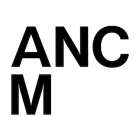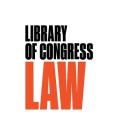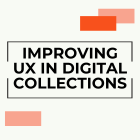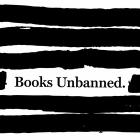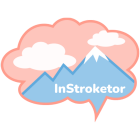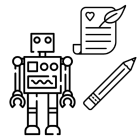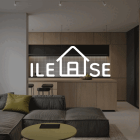
iLease: The Easy Way to List and Find House
Subletting is a common solution for University of Washington students struggling to cover high rents during breaks. However, finding suitable tenants often proves difficult. This financial pressure led our team to develop a reliable platform that connects UW leaseholders with potential tenants. Using detailed search filters, users can find properties that fit their needs and communicate directly with leaseholders. Simple listing instructions enable leaseholders to easily add their properties and manage tenant requests. Our platform offers an essential solution to the subleasing challenges faced by UW students and also helps those seeking short-term accommodation in the UW area.

